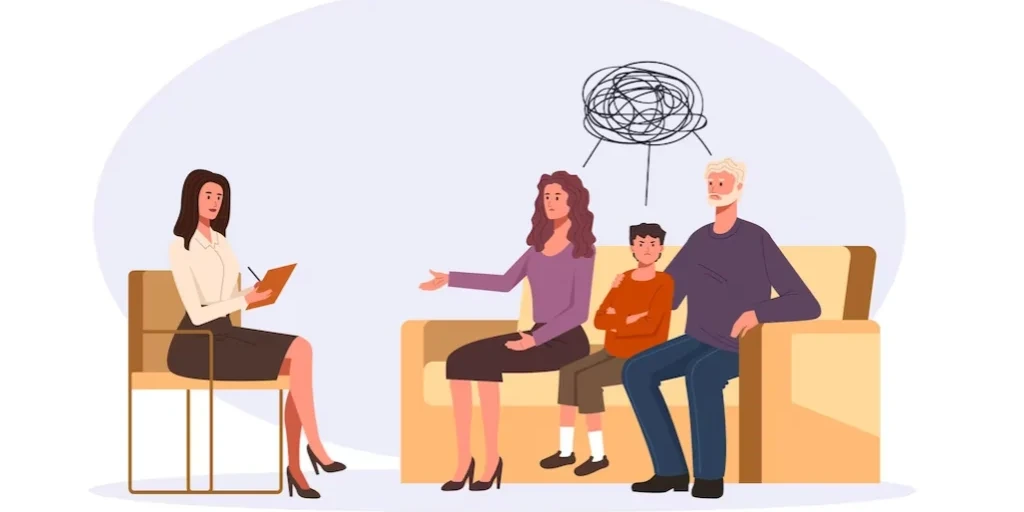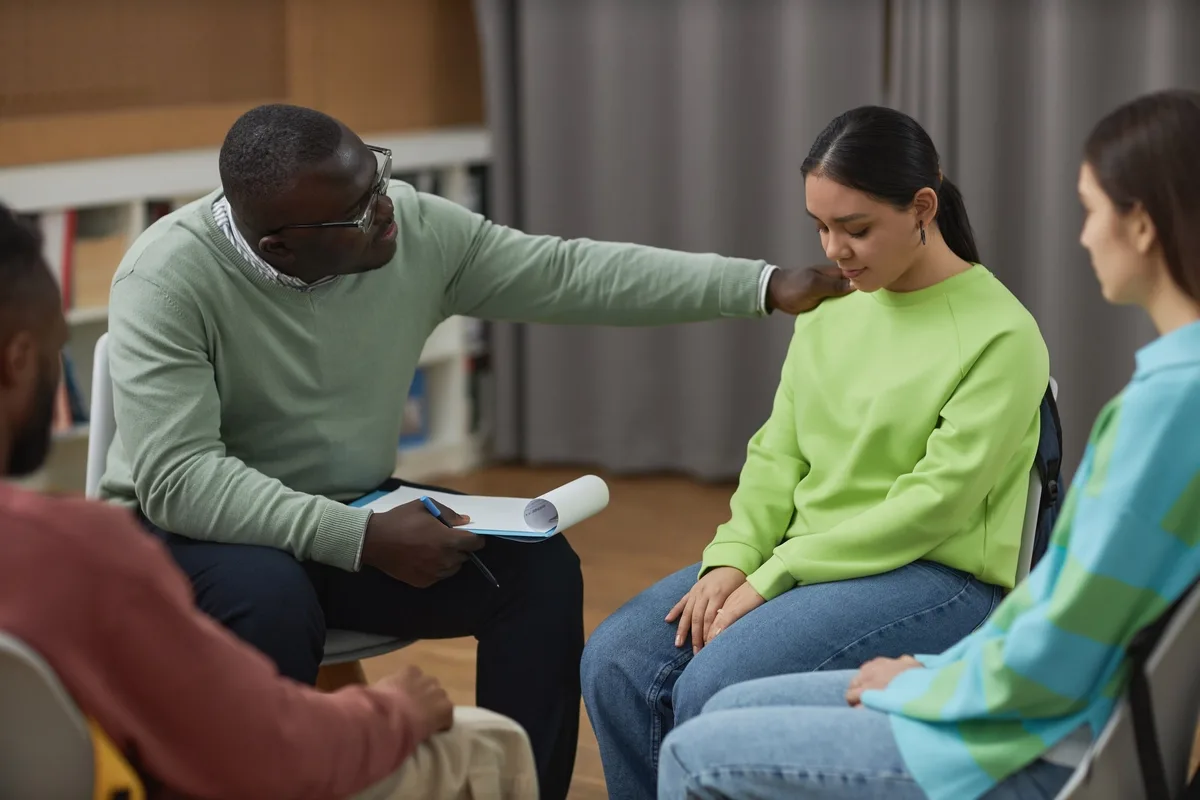24/7 Helpline:
(866) 899-111424/7 Helpline:
(866) 899-1114
Other Insurance Options

EmblemHealth

Anthem

BlueCross

American Behavioral

CareFirst

BHS | Behavioral Health Systems

Coventry Health Care

Access to Recovery (ATR) Voucher

Excellus

United Health Care

Health Choice

Absolute Total Care

Magellan

Covered California
Beacon

Cigna

Health Net

Sutter

Carleon

UnitedHealth Group


Tonkawa Tribe – Substance Abuse Program
Indian Alcohol and Substance Abuse Tonkawa Tribe of Oklahoma offers outpatient services for people s...

Edwin Fair Community Mental Health Center – Kay County
Edwin Fair Community Mental Health Center – Kay County is a private rehab located in Ponca City, Okl...

Bridgeway
Bridgeway is located in Ponca City, Oklahoma. Bridgeway provides substance abuse treatment.

Ponca City Rightway Medical
Ponca City Rightway Medical is a private rehab located in Ponca City, Oklahoma. Ponca City Rightway ...



































Alpha II
Alpha II is a private rehab located in Tonkawa, Oklahoma. Alpha II specializes in the treatment of a...

































